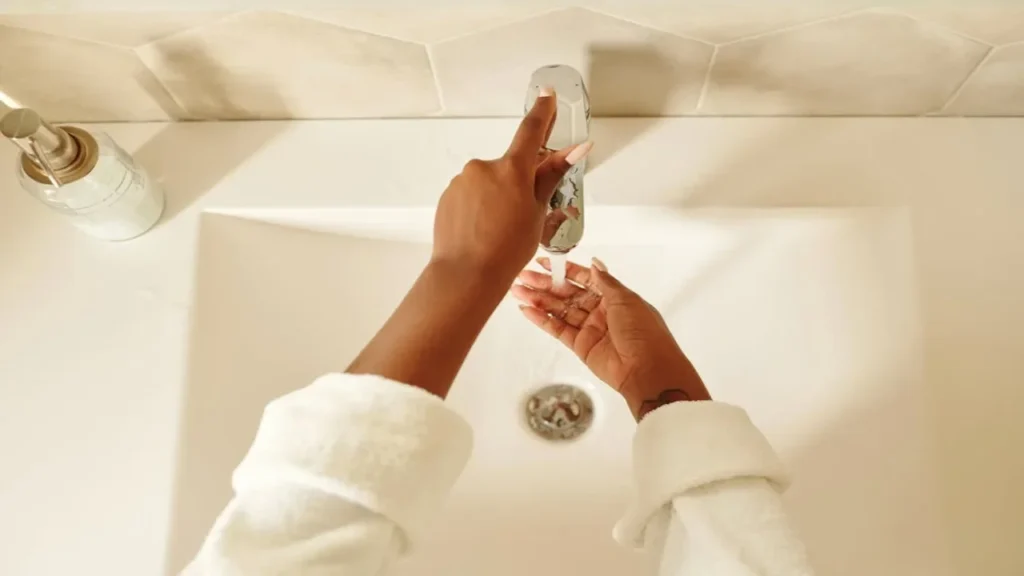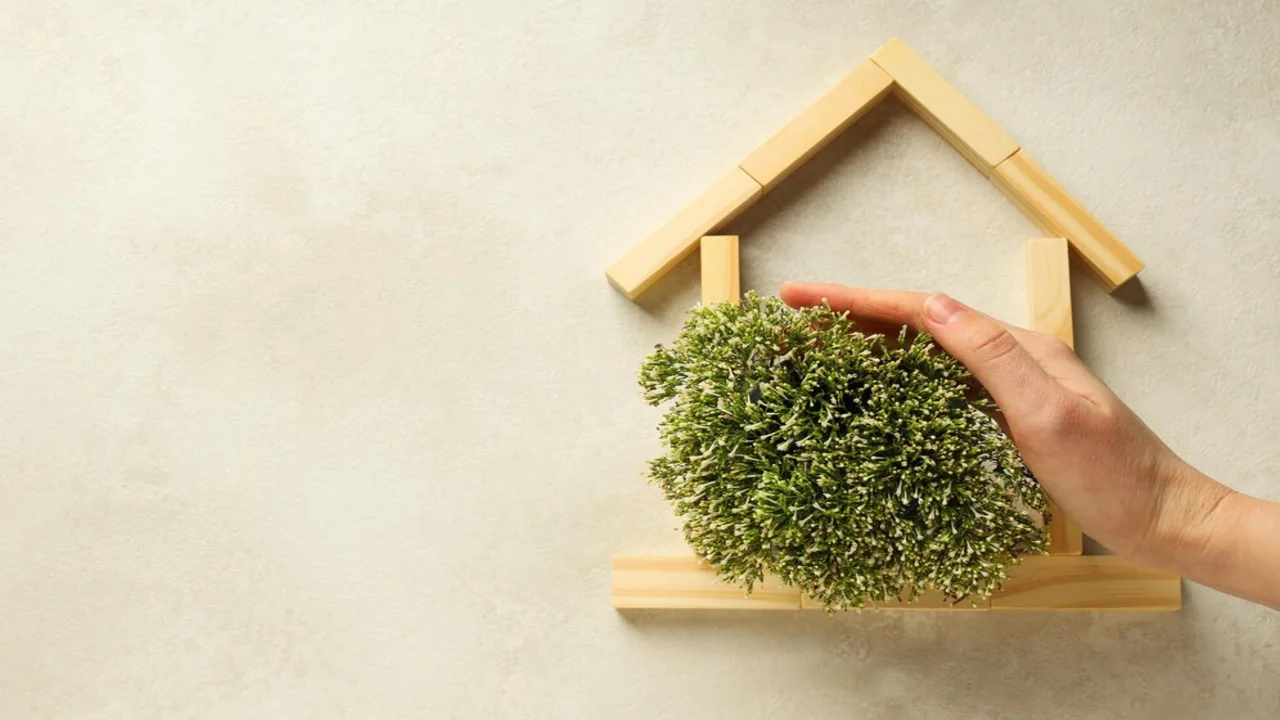In a world where environmental responsibility meets home improvement, sustainable renovations are no longer optional—they’re essential. Families are searching for ways to lower their carbon footprint while designing comfortable, efficient homes. Eco-friendly upgrades not only benefit the planet but can also lead to energy savings and increased property value.
This comprehensive guide will explore innovative, eco-conscious renovation ideas—ranging from energy-efficient solutions to water-saving measures. Whether you’re planning a large-scale overhaul or starting with small changes, these tips will help transform your home into a greener, more sustainable haven.
Energy-Efficient Upgrades
Improving energy efficiency is one of the most effective ways to create a sustainable home. These upgrades help you lower greenhouse gas emissions and save on energy costs simultaneously.
Invest in Solar Power
Harness renewable energy by installing efficient and innovative solar panels on your roof. Solar power reduces reliance on fossil fuels, cutting electricity costs while also offering potential tax incentives. Though the initial cost may be high, long-term savings and environmental benefits make it a worthwhile investment.
Upgrade to Modern, Energy-Efficient Windows
Replace outdated windows with energy-efficient models to improve insulation. Double or triple-pane windows with low-E coatings help regulate indoor temperatures by keeping heat in during colder months and out during warmer ones. This enhancement reduces energy demand on heating and cooling systems.
Adopt Smart Home Technology
Smart devices can optimize energy use in your home. For instance, smart thermostats learn your routine and adjust the temperature efficiently, while motion-sensor lighting ensures electricity is only used when necessary. Integrating this technology reduces waste while keeping your home technologically advanced.
| Eco-Friendly Tip: When upgrading to smart home devices, look for Energy Star-certified products to ensure maximum energy efficiency. |
Sustainable Materials and Finishes
Selecting environmentally friendly materials ensures your renovations prioritize both the planet and your indoor air quality. These choices promote sustainability while adding unique elements to your home’s design.
Reclaimed Wood
Use reclaimed wood for flooring, walls, or custom furniture to reduce the demand for new lumber. These repurposed materials offer a rustic aesthetic and often come with a rich history, making them a unique and sustainable design element.
Non-Toxic Paints and Finishes
Opt for low-VOC (volatile organic compound) or zero-VOC paints and finishes that improve air quality while being safer for your family. Traditional paints release harmful chemicals, but environmentally friendly alternatives provide a healthier atmosphere for your home.
Eco-Friendly Insulation
When upgrading your insulation, consider recycled and renewable options like recycled denim, sheep’s wool, or cellulose made from shredded paper. These alternatives deliver strong performance and are far kinder to the environment than conventional fiberglass insulation.
Sustainable Outdoor Features
Your outdoor spaces can become an extension of your sustainable home. Incorporating eco-conscious designs such as rainwater collection systems or repurposed materials for landscaping features can make a big difference.
Additionally, installing a sturdy playground set made from sustainable materials can provide an eco-friendly and fun space for your family while staying environmentally responsible.
Water Conservation Solutions

Water conservation is an integral part of sustainable renovations. These practical solutions minimize water use and reduce utility bills, ensuring your household uses this precious resource wisely.
Low-Flow Fixtures
Installing low-flow showerheads, faucets, and toilets allows you to maintain water pressure while significantly cutting water consumption. For example, low-flow toilets save thousands of gallons per year compared to older models, making them a practical and eco-conscious choice.
Rainwater Harvesting Systems
Incorporate a rainwater harvesting system to collect and store water for non-potable uses like irrigation and laundry. This reduces your dependence on municipal water and provides a reliable alternative for daily tasks.
Drought-Resistant Landscaping
Redesign your outdoor space with drought-resistant plants and efficient irrigation systems in a process known as xeriscaping. This landscaping approach saves water without compromising the beauty of your garden. Additionally, it requires less maintenance, saving time and effort.
| Fact: According to the Environmental Protection Agency, the average family can save 13,000 gallons of water and $130 in water costs per year by replacing inefficient toilets with WaterSense-labeled models. |
Sustainable Homes for a Better Future
Sustainable home renovations not only create eco-friendly living spaces but also enhance your quality of life and home value. By targeting energy efficiency, water conservation, and sustainable materials, you can lower your environmental impact and save on long-term expenses.
Every small step contributes to a more sustainable future. Whether you’re installing solar panels, updating water-saving fixtures, or using reclaimed materials, your efforts add up. Begin your renovation journey by exploring the ideas that align with your family’s needs and values.
Together, we can create homes that reflect our commitment to the environment while enjoying comfort, style, and functionality.

Shannon Reyes is a seasoned writer with a knack for crafting engaging blogs on a variety of service industries, including plumbing, cleansing, moving, pest control, and roofing. With a keen eye for detail and a passion for helping readers navigate complex topics, Shannon brings her expertise to life through informative and accessible content.











